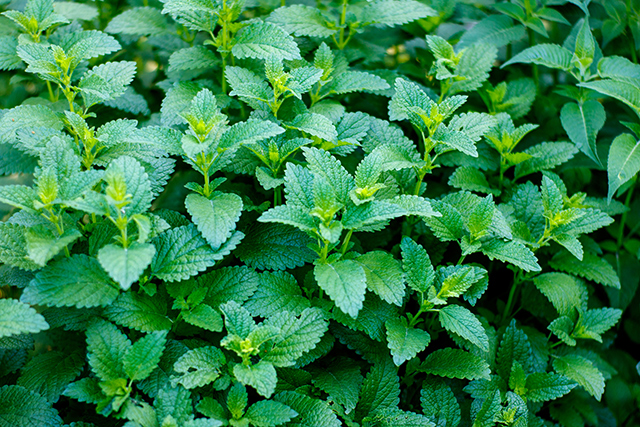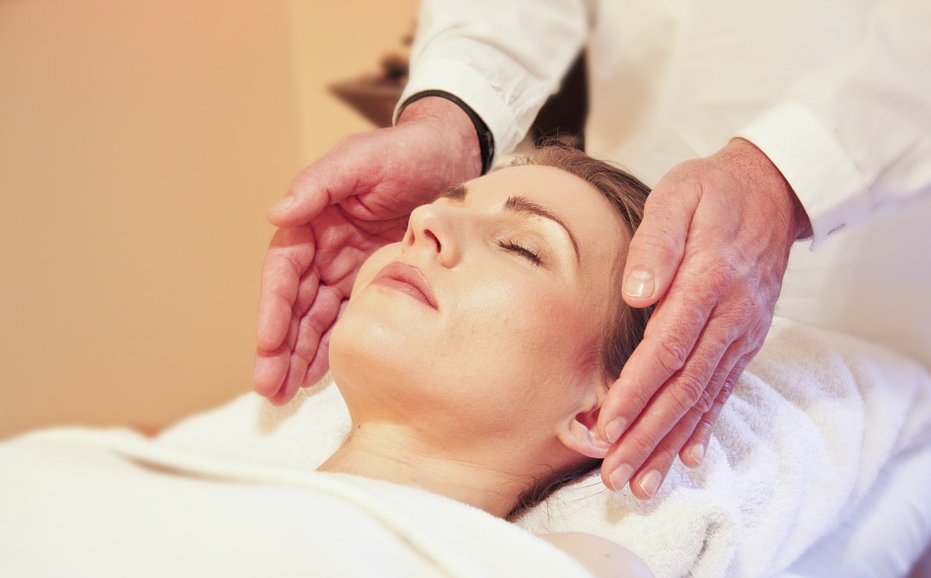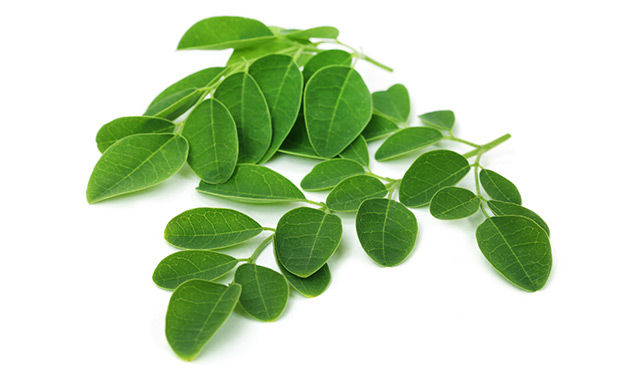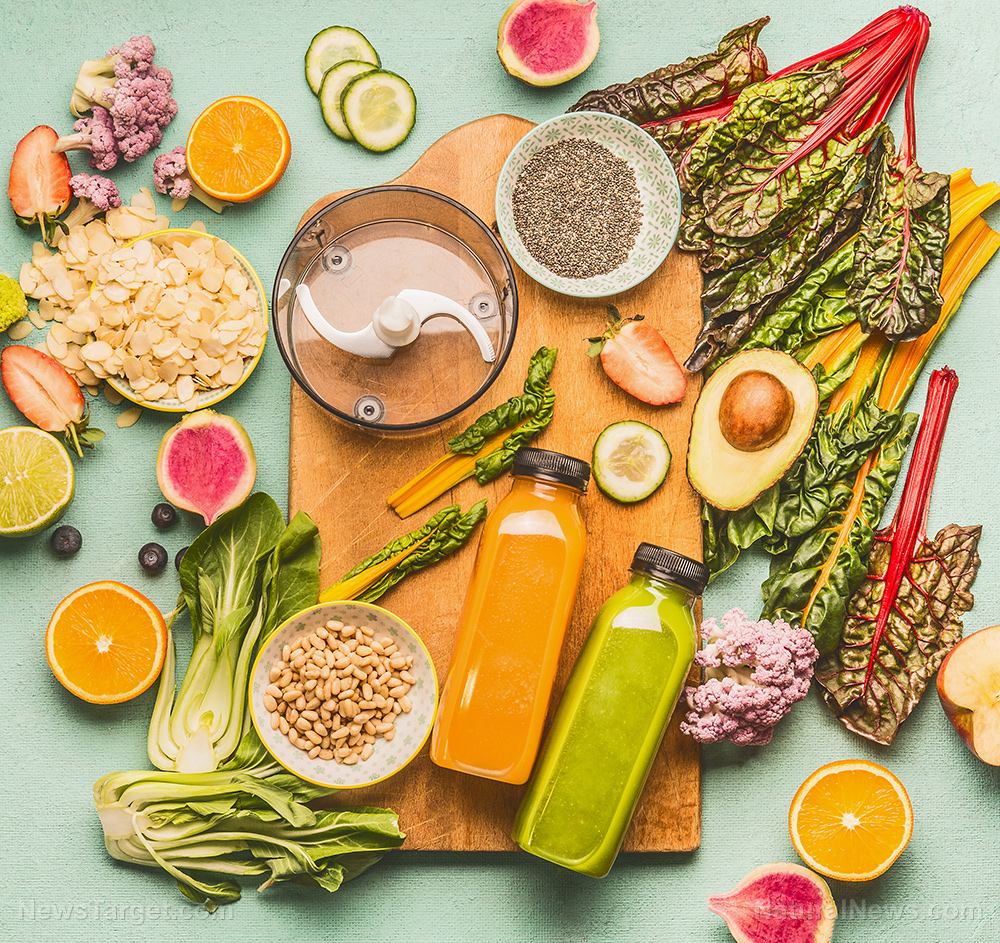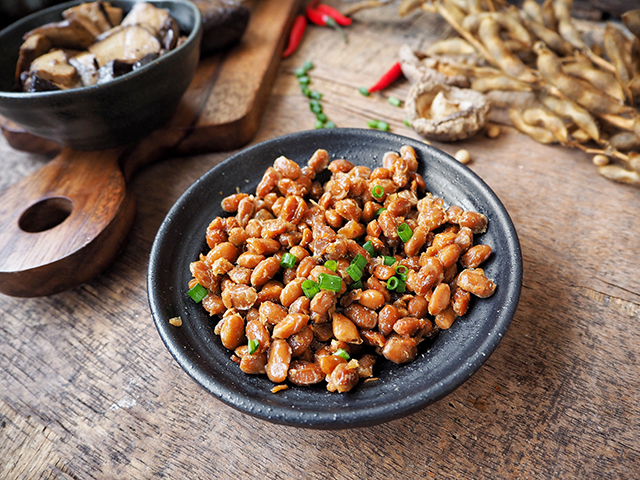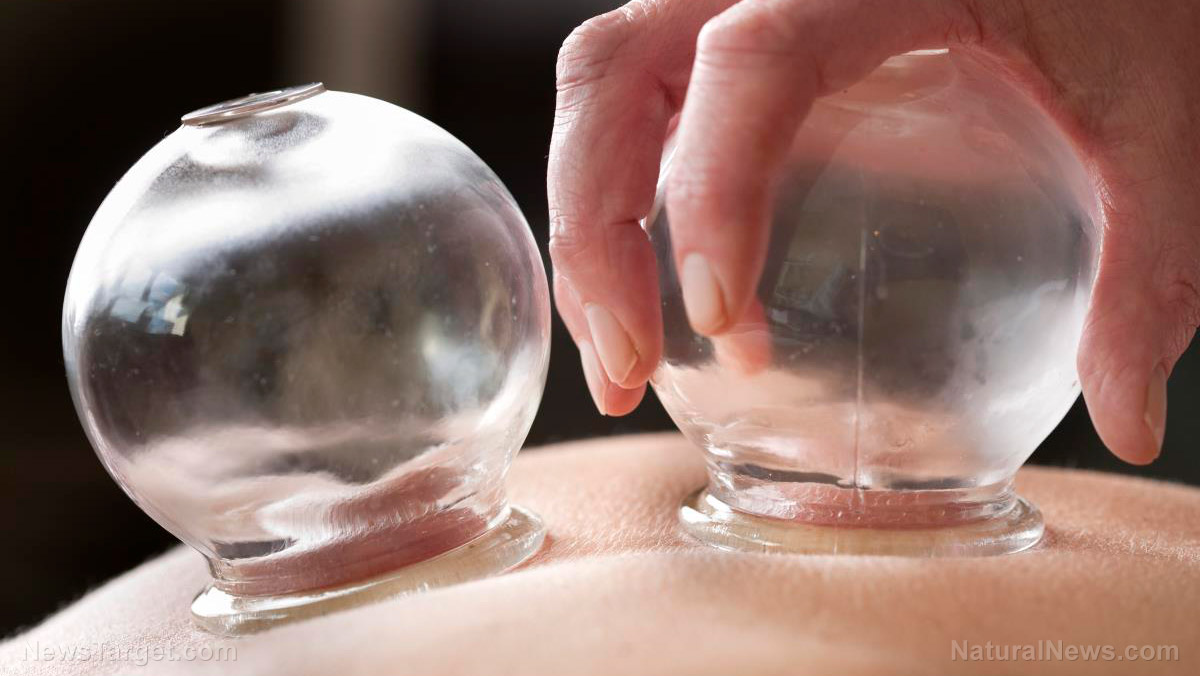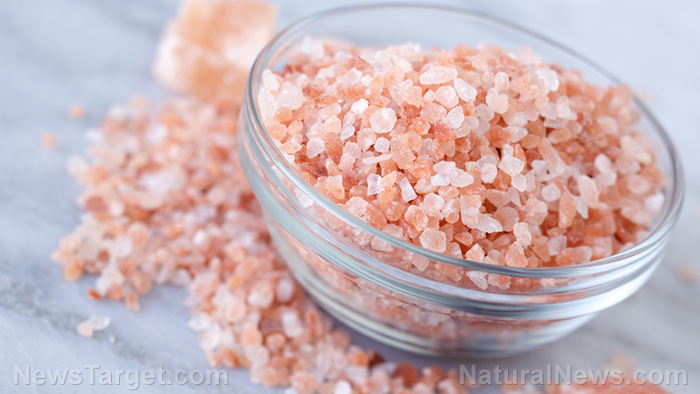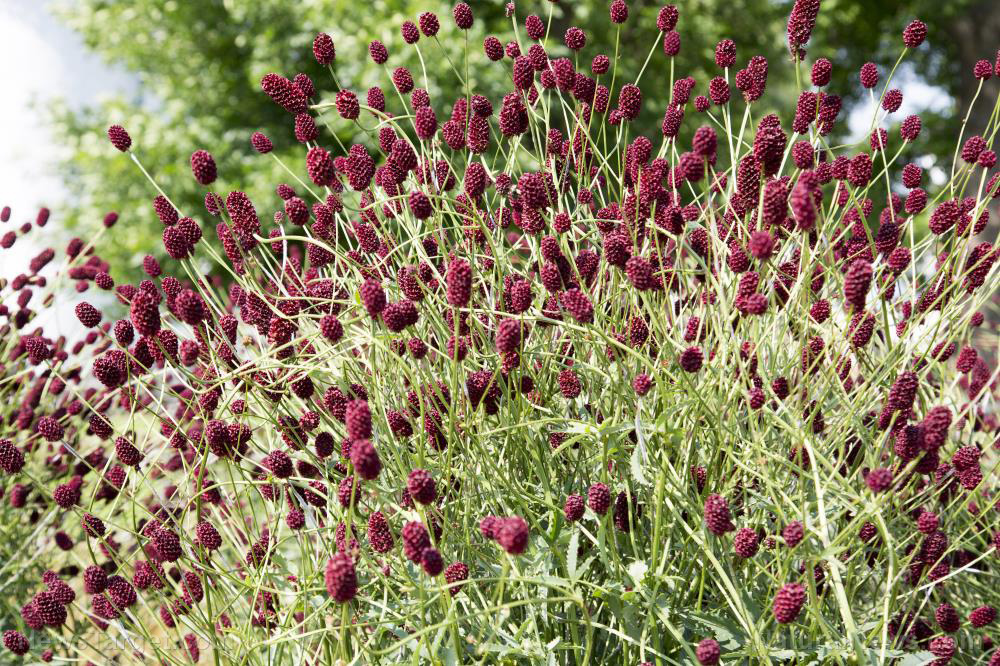Relieve muscle spasms naturally with the pomegranate
09/28/2018 / By RJ Jhonson

Like a lot of other fruits, pomegranate (Punica granatum), is great for more than just your sweet fix. A study published in the journal BMC Complementary and Alternative Medicine discusses its ability to soothe muscle spasms, particularly, the smooth muscles, indicating its potential as a treatment for spasm-related conditions like diarrhea.
Past research has confirmed the spasmolytic properties – the ability to reduce or cease spasms – of pomegranate rind, but the exact mechanism was not made clear. The authors of the research, therefore, performed an in vitro study that examined the rind’s therapeutic effects.
They collected pomegranate rind extracts (Pg. Cr.) which they tested on rabbit’s jejunal preparations. The isolated jejunum – a part of the small intestine – of a rabbit can be kept alive after the animal has died, making it ideal for in vitro tests on smooth muscles, which line organs like the heart and the intestines.
Pg. Cr. was tested on the jejunal preparation in varying doses, as well as contractions induced by barium chloride and potassium chloride (KCl). The researchers observed that contrary to previous findings, Pg. Cr. actually possessed spasmogenic properties – it caused spasms. Further investigation revealed this effect to be the result of histaminergic and cholinergic receptors in the intestine. Interestingly, increasing the dose of Pg. Cr. manifested the intended spasmolytic effect.
The researchers used a mouse model to determine the toxicity of Pg. Cr. They found that the extract remained safe up to a dosage of 100 mg/kg. A dosage on and above 1,000 mg/kg could be harmful.
Phytochemical screening indicated the presence of saponins, tannins, carbohydrates, proteins, flavonoids, saponins and steroids. Alkaloids and triterpenoids were not found. (Related: No more oopsy daisies: Taking a probiotic drink can prevent diarrhea.)
Treating stomach spasms
Spasms in the stomach are among of the most common types of smooth muscle spasms. It may occur because of several factors, such as:
- Infections – Colitis is an infection that happens in the colon because of several bacterial strains, including Clostridium, Salmonella, and E. coli.
- Constipation – When you are constipated, pressure builds up in your stomach, causing your bowels to cramp and spasm.
- Muscle strain – This happens from having overworked your abdominal muscles. Exercises that can cause this include crunches and situps.
- Gas – Your body tries to get rid of excess gas as much as possible, but this can result in spasms in the process.
- Dehydration – The loss of electrolytes can cause your muscles to malfunction and spasm. This affects not just skeletal muscles, but also smooth muscles.
- Inflammatory bowel disease – Some diseases, such as Crohn’s disease, can cause inflammation in your bowel, which may result in spasms
The best way to treat a spasm is to determine its cause first. Depending on the gravity of the situation, you may need to visit a health professional right away. For light cases, you may find relief in home remedies.
- Water and electrolytes – If the cause of your spasms is dehydration, refilling your body’s supply of water will improve your symptoms. You will also need to replenish your electrolyte supply – instead of buying a sports drink, eat a banana instead. The fruit contains necessary electrolytes like potassium but has less sugar.
- Heat – Applying heat to your tummy will help relax the muscles and offer comfort. This is particularly useful for overused abdominal muscles.
- Massage – As with skeletal muscles, massaging close to the affected area may provide you with some relief.
- Tea – Relaxing beverages, such as chamomile tea, will not just calm your senses, they will also calm your stomach. Drinking warm tea is especially effective against gas.
- Rest – Whether its overwork or infections, getting plenty of rest can do wonders for your spasming stomach.
Find other remedies for muscle spasms at Remedies.news.
Sources include:
Tagged Under: food as medicine, intestinal spasms, natural treatment, pomegranate, Punica granatum, smooth muscle spasms, spasms, stomach spasms


